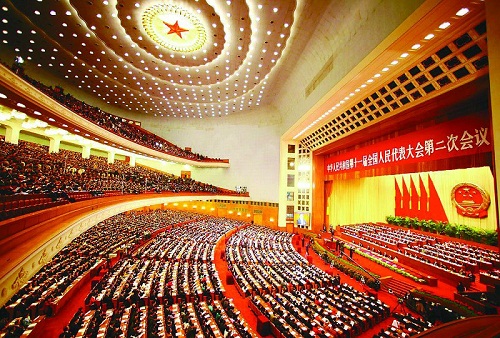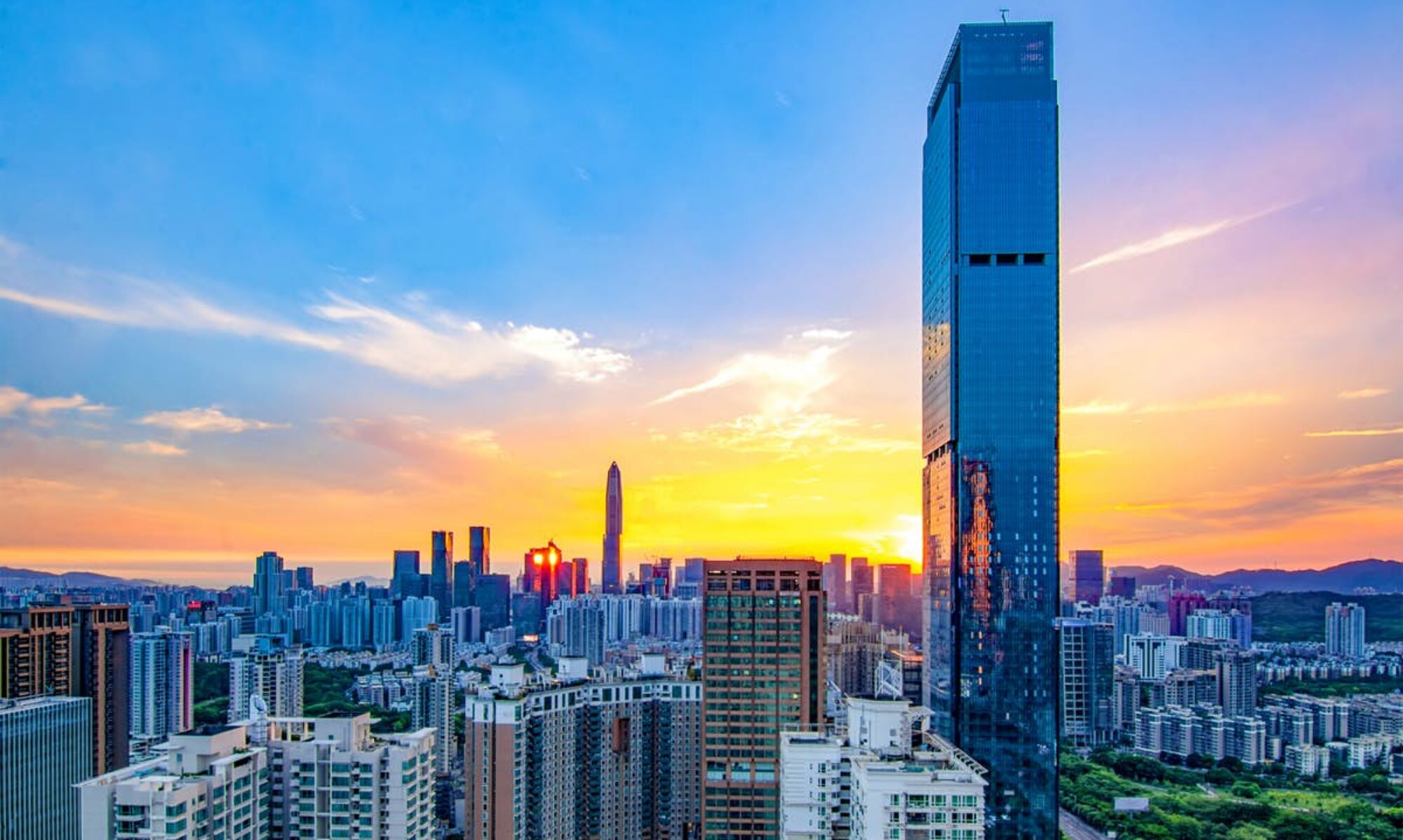
The Twentieth Congress of the Chinese Communist Party will begin on October 16th. The convention is held every five years, usually lasts a week, and is held most of the time behind closed doors in the Great Hall of the People in Beijing.
Xi Jinping will most certainly secure a historic third term and strengthen his status as China’s most powerful leader since Mao Zedong. However, difficulties have accumulated at the end of the second term: a weaker economy, COVID-19 pandemic with some (rare) public protests and escalating tensions with the West amid the Taiwan issue.
Then, what else should we expect from this congress, beside some personnel replacement?
Well, the general policy direction is not expected to change. Xi Jinping will pursue his vision of the “great rejuvenation of the Chinese nation” with China becoming more assertive on the global stage as the leader of the developing world and an alternative to US-led order.
This will most probably lead to an even-more China-centric approach to politics and foreign policy. The party will also confirm its position as the ruler of everything and it’s dedication to its leader. After all, one of Xi signature is: “Party, government, army, people, education; east, south, west, north, central : The party leads everything.”
Most of the efforts will be directed to avoid an economic downturn, and to manage the strict “zero COVID” policy. A policy which results in frequent and disruptive lockdowns that frustrates citizens, batters the economy and turns China into a global outlier.
The world will also be watching how Beijing handles deteriorating relations with the West. Xi Jinping has expressed hope to bring Taiwan under Beijing’s control and that is likely to remain in focus in a third term. This said, only but a few China watchers expect Beijing to take military action against Taiwan anytime soon. There are few signs that society is bracing for such a risky move and the backlash it could spark from the West. But for Xi, a successful resolution of the “Taiwan issue” will ensure his place in Chinese history.
Question? thoughts? let us know
